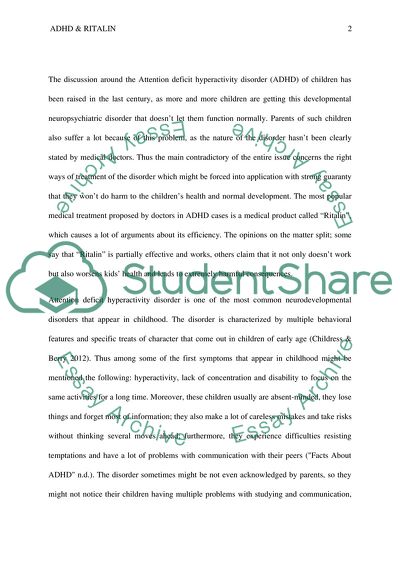Cite this document
(ADHD Children and the Ritalin Debate Coursework Example | Topics and Well Written Essays - 2000 words, n.d.)
ADHD Children and the Ritalin Debate Coursework Example | Topics and Well Written Essays - 2000 words. https://studentshare.org/psychology/1870150-adhd-children-and-the-ritalin-debate
ADHD Children and the Ritalin Debate Coursework Example | Topics and Well Written Essays - 2000 words. https://studentshare.org/psychology/1870150-adhd-children-and-the-ritalin-debate
(ADHD Children and the Ritalin Debate Coursework Example | Topics and Well Written Essays - 2000 Words)
ADHD Children and the Ritalin Debate Coursework Example | Topics and Well Written Essays - 2000 Words. https://studentshare.org/psychology/1870150-adhd-children-and-the-ritalin-debate.
ADHD Children and the Ritalin Debate Coursework Example | Topics and Well Written Essays - 2000 Words. https://studentshare.org/psychology/1870150-adhd-children-and-the-ritalin-debate.
“ADHD Children and the Ritalin Debate Coursework Example | Topics and Well Written Essays - 2000 Words”. https://studentshare.org/psychology/1870150-adhd-children-and-the-ritalin-debate.


